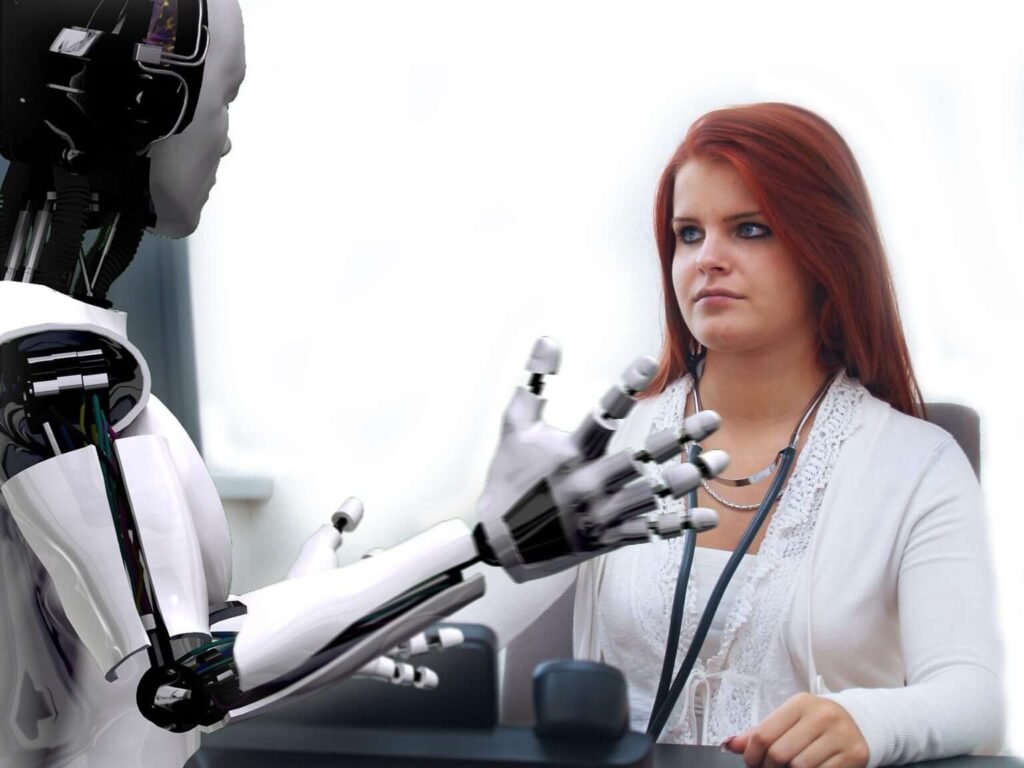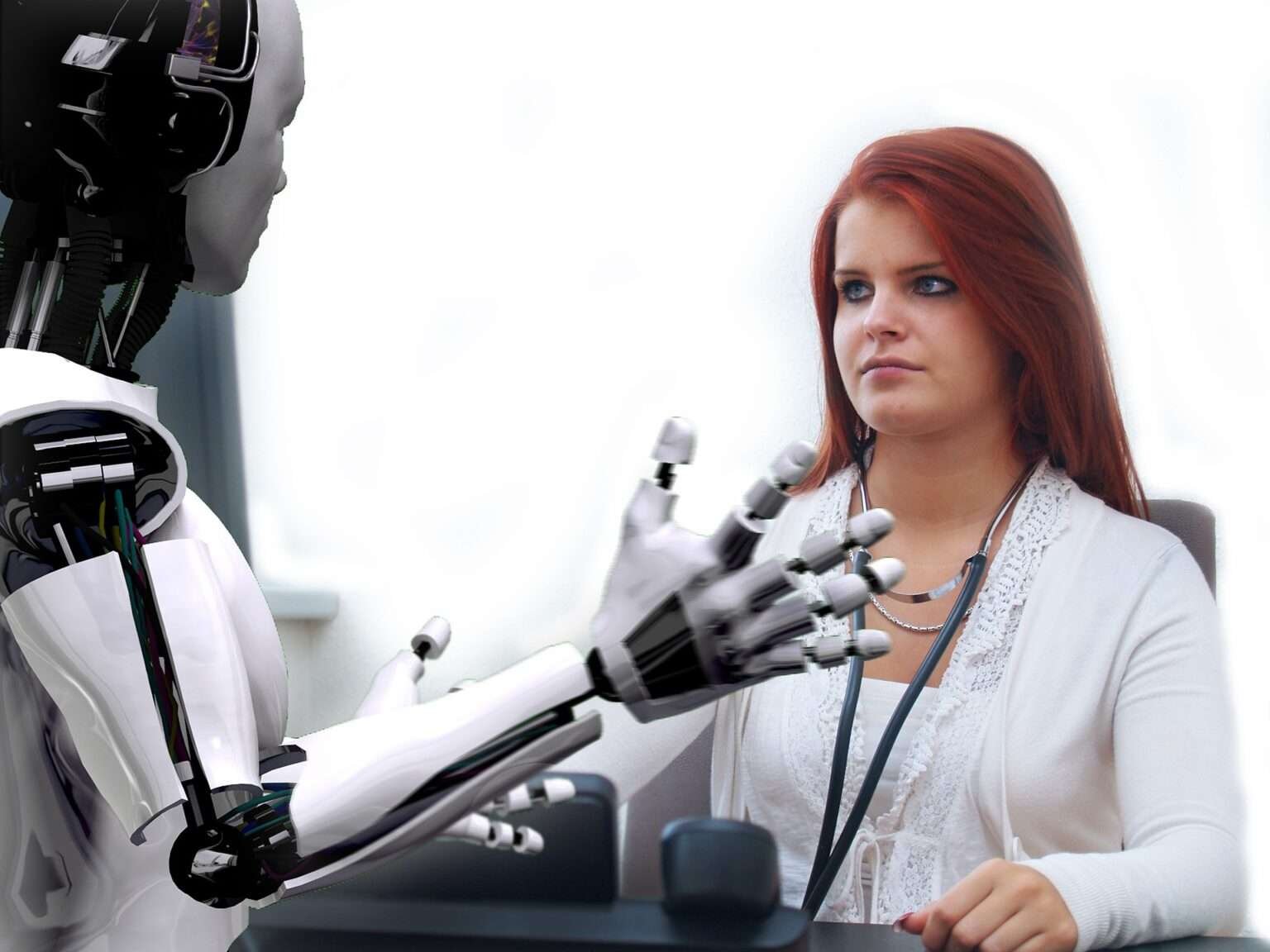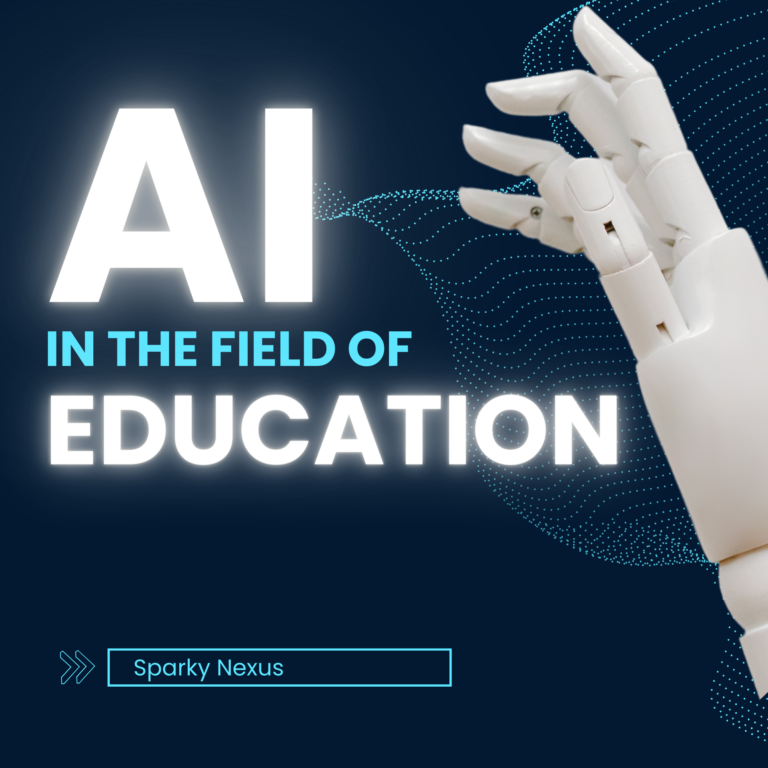AI in Healthcare: Revolutionizing Every Aspect of Medical Industry
In today’s digital age, Artificial Intelligence (AI) has become a buzzword in many fields, and healthcare is no exception. It is hard to ignore the impact that AI has on the healthcare industry, transforming it in and out. AI offers a wide range of intelligent applications to enhance healthcare and offers accurate, timely, and effective diagnosis, treatment, and monitoring of various medical disorders. With its ability to analyze complex data sets and its potential to learn from it over time, AI is making its way into many different areas of healthcare, from diagnosis and drug discovery to personalized medicine and disease management.

What is AI in healthcare?
Put simply, AI in healthcare uses intelligent algorithms and machine learning models to analyze patient data, providing insights that can improve medical diagnosis and treatment. AI tools can help decrease diagnostic time and improve the accuracy and speed of diagnosis, meaning patients receive more precise treatments in a shorter amount of time. AI also helps in finding new drugs and advanced treatments. The application of AI in healthcare extends to the management of Patient data, Hospital Management, Health Monitoring Systems, and Scheduling of Appointments.

Applications of AI in healthcare
1. Diagnostics and Medical Imaging: AI can help in the early identification of disease processes by providing analysis of the medical imaging test results more precisely and quickly than human evaluation. For example, AI algorithms can detect tumors in MRI scans more accurately with fewer false positives.
2. Drug Discovery: Developing a new drug can be a lengthy and costly procedure. AI can assist in the drug discovery process through machine learning models and big data analysis, which enables faster identification and prediction of viable drug targets.
3. Personalized medicine: AI-powered devices and apps can help in monitoring patient’s vital signs, allowing doctors to observe anomalies in their health and treat them before they become a significant issue.
4. Precision medicine: Every individual is different, but AI can help identify better disease prevention and treatment plans that cater to a patient’s genetic makeup, environmental factors, and lifestyle choices.
5. Patient Health Monitoring: Wearables and other IoT-enabled devices can gather information on patient fitness, nutrition, and sleep data, providing physicians with important patient data points that can be used to personalize care and intervene early in a potential health problem.
6. Operational Management: AI systems can help hospitals to optimize their operations to provide a better patient experience. For example, AI technology can help monitor and balance patient flow, optimize operating room schedules, and streamline patient transfers.

Why is AI important in healthcare?
AI is expected to transform healthcare, improving patient outcomes and saving lives by providing fast and accurate diagnosis, reducing medical errors, and streamlining operations. Here are some of the ways AI is already making an impact in healthcare:
1. Saving lives: The faster a patient receives an accurate diagnosis and treatment, the more likely they are to survive. AI can help providers diagnose illnesses and diseases more quickly and accurately, leading to earlier intervention and better outcomes for patients.
2. Reduced errors: A significant number of medical malpractice cases are due to errors. AI can help doctors reduce these errors by giving them a more accurate diagnosis and treatment plans, as well as flagging any potential medication interactions before the patient takes them.
3. Cost-effective: By accurately predicting disease outcomes, AI can help hospitals optimize their resources, reduce Hospital Re-Admissions, and minimize waste.
Conclusion
In conclusion, AI is revolutionizing every aspect of the healthcare industry, from early diagnosis and personalized treatments to hospital operational management. While AI is not a replacement for humans, it can provide healthcare professionals with the tools they need to make more accurate diagnoses, reduce medical errors, and provide cost-effective healthcare. As technology continues to transform healthcare, investing in AI in healthcare is becoming more critical than ever for health providers who want to stay at the forefront of innovation and offer the best possible care to their patients.






